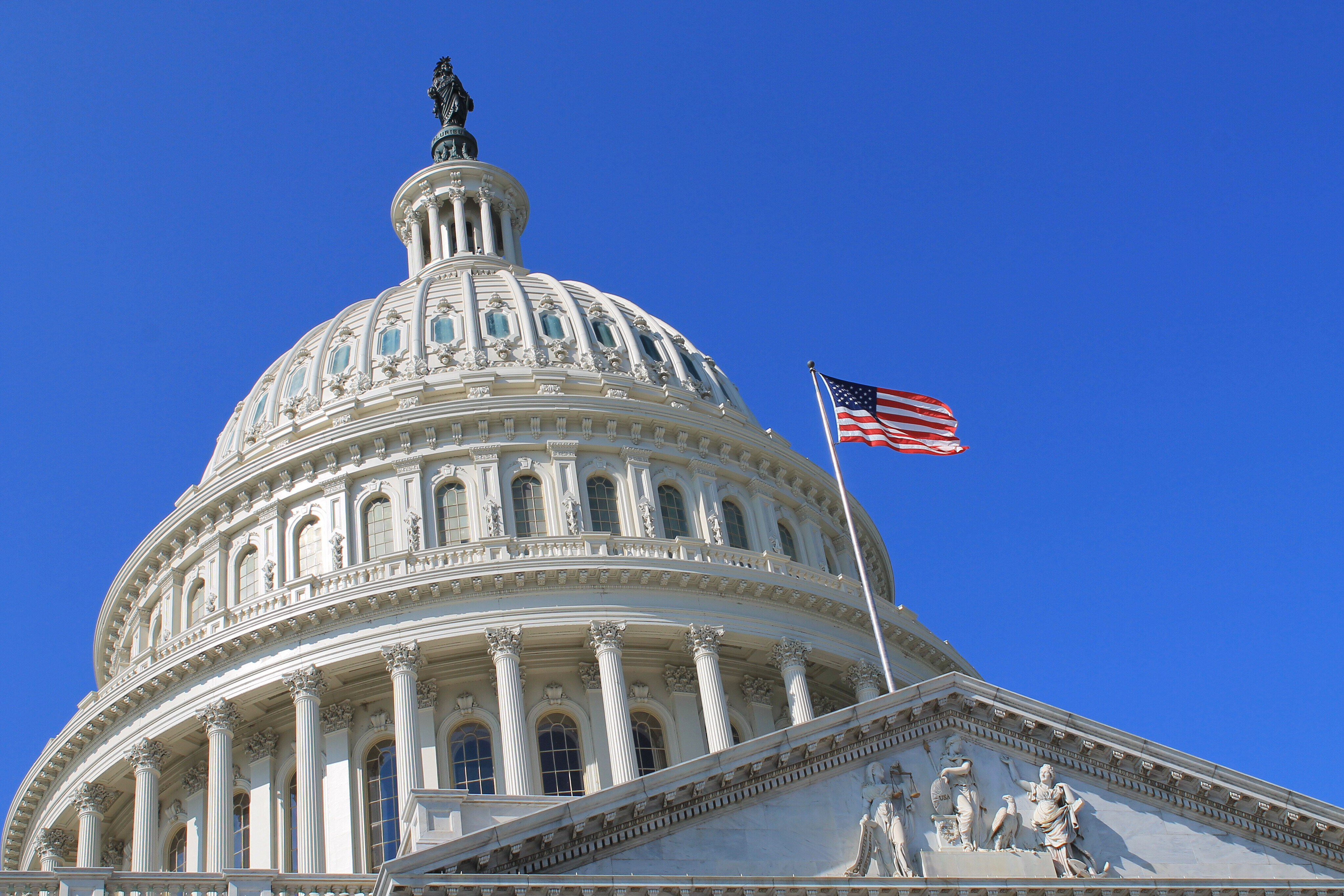March 2025 Legislative Update

Friday, March 14th marked the crossover deadline for the Vermont Legislature. The legislative crossover date is the deadline by which bills need to be passed out of their committee of jurisdiction in each body of the legislature (Vermont House and Senate) with the exception of money committees (House Appropriations, House Ways and Means, Senate Finance, and Senate Appropriations), which must pass bills out of committee by Friday, March 21st.
As always, VNAs of Vermont is bringing you an update on the issues impacting home health, hospice, and long-term care this legislative session.
Money and budget issues have taken up most of the discussion time in the State House, as members of the House have worked to build their version of a state budget in response to the Governor’s proposed budget.
State Fiscal Year 2026 (SFY26) Budget
The Governor’s proposed SFY26 budget does not include increases for Medicaid home health or Choices for Care at home.
The House Committee on Appropriations is in the process of crafting a budget for consideration by the full Vermont House of Representatives. The Committee has received a total of $328 million in funding requests above the Governor’s proposed budget from providers and advocates across industries and issue areas, and the Committee has made clear that most of these requests will not be funded this year.
VNAs of Vermont is asking that the Legislature raise Medicaid home health rates to 90% of the calendar year 2025 Medicare rate for the same services, up from the current 67%. This increase requires an appropriation in the SFY26 budget. Over the summer and fall, VNAs of Vermont worked with the Department of Vermont Health Access to develop a methodology to compare Medicaid home health reimbursement rates to Medicare payments. This step was necessary because the payment models are very different.
Additionally, the Long-Term Care Crisis Coalition, of which VNAs of Vermont is a member, has requested that the SFY26 budget include full implementation of the rate increases for Choices for Care at home and Enhanced Residential Care described in the 2023 DVHA Rate Study, and a 4% inflationary increase for long-term care home and community-based services.
The House Committee on Health Care has placed raising Medicaid skilled home health rates to 90% of Medicare as their #2 priority in their budget memo to the House Committee on Appropriations. The House Committee on Human Services placed fully funding the rate increases for Choices for Care at home described in the 2023 DVHA rate study as ‘highest’ priority in their memo. Chairs of both committees have testified to their budget recommendations to the House Committee on Appropriations.
VNAs of Vermont will continue to advocate for these important rate increases in the House and Senate.
House Passed Home and Community Based Services Rate Methodology Bill
Earlier in the session, the House passed H.13, which requires the Agency of Human Services to develop a methodology and schedule for determining reasonable and adequate rates for home and community-based services. The methodology must include a predictable timeline for redetermination of base rates, an annual inflationary rate adjustment, consideration of client absences, and a process for providers at risk of closure to seek financial relief. The bill also requires the Agency to provide the committees of jurisdiction with an update, including a proposed schedule for Medicaid rate studies, by January 15, 2026.
Senate Committee Passes Comprehensive Data Privacy Bill
The Senate Institutions Committee passed S.71, a comprehensive data privacy bill, after four days of testimony and discussion on the bill. The committee struck the entirety of S.71 as originally introduced, and inserted S.93 in its place, which was supported by a coalition of health care provider associations, of which VNAs of Vermont is a member, in addition to the Vermont business and nonprofit community, financial institutions, and others. The original bill included much more limited exemptions, and a private right of action which was a driving force behind the Governor’s veto of similar legislation last year. That veto was sustained.
The version of the bill that passed the committee on Friday included an entity level exemption for Health Insurance Portability and Accountability Act (HIPAA) covered entities, as well as an exemption for nonprofits. This is in contrast to the bill as originally introduced, which contained a data level HIPAA exemption and a private right of action.
Senate Committee Passes Health Reform Bill
The Senate Health and Welfare Committee passed an omnibus health care reform bill. Highlights include:
- Directing the Agency of Human Services to develop a Statewide Health Care Delivery Plan (“Plan”) by 2029.
- Creating an Advisory Committee to consult on the development of the Plan, with representatives from key stakeholders including home health agencies.
- Directing the Green Mountain Care Board to establish reference-based pricing for hospitals no later than FY 2027, track impact on health insurance premiums, and establish factors that would trigger termination of reference-based pricing.
- Requiring the Green Mountain Care Board to implement hospital global budgets beginning in 2028, and for all hospitals by 2030.
- Giving the Agency of Human Services authority to establish reference-based pricing for non-hospital services, consistent with the Plan.
No bill number has yet been assigned to this bill because it moved forward in a procedural process known as a “committee bill” which bypasses some steps in the usual timeline. VNAs of Vermont provided written comments on the original version of the bill, some of which are reflected in this version. The VNAs of Vermont team is analyzing the bill and expects to request some changes in the House.
Senate Committee Passes Certification Process for Doulas
The Senate Health and Welfare Committee advanced S. 53, a bill that establishes a voluntary certification process for community-based perinatal doulas. The bill defines community-based perinatal doula as a nonclinical professional providing emotional, physical, and educational support to individuals during the perinatal period, particularly to underserved populations. The bill outlines the certification process, including eligibility criteria, renewal procedures, and penalties for non-compliance. It also establishes the role of the Office of Professional Regulation (OPR) in overseeing certification and maintaining a registry of certified doulas. It appropriates $25,000 to the OPR in fiscal year 2026 to establish the certification program for community-based perinatal doulas as set forth in this act.
Private Equity Bill
H.71 proposes to require health care entities to provide notice to the Green Mountain Care Board and Attorney General before entering into certain types of transactions and would direct the Board, in consultation with the Attorney General, to review certain proposed transactions and approve, approve with conditions, or disapprove them. The bill would prohibit corporations from practicing medicine or otherwise interfering with health care providers’ professional judgment and clinical decision making. The bill would also require public reporting on ownership and control of certain health care entities.
The bill did not make the crossover deadline.
Please reach out to us if you have any questions on legislation impacting home health and hospice care in Vermont and stay tuned for updates on the second half of the 2025 legislative session.


